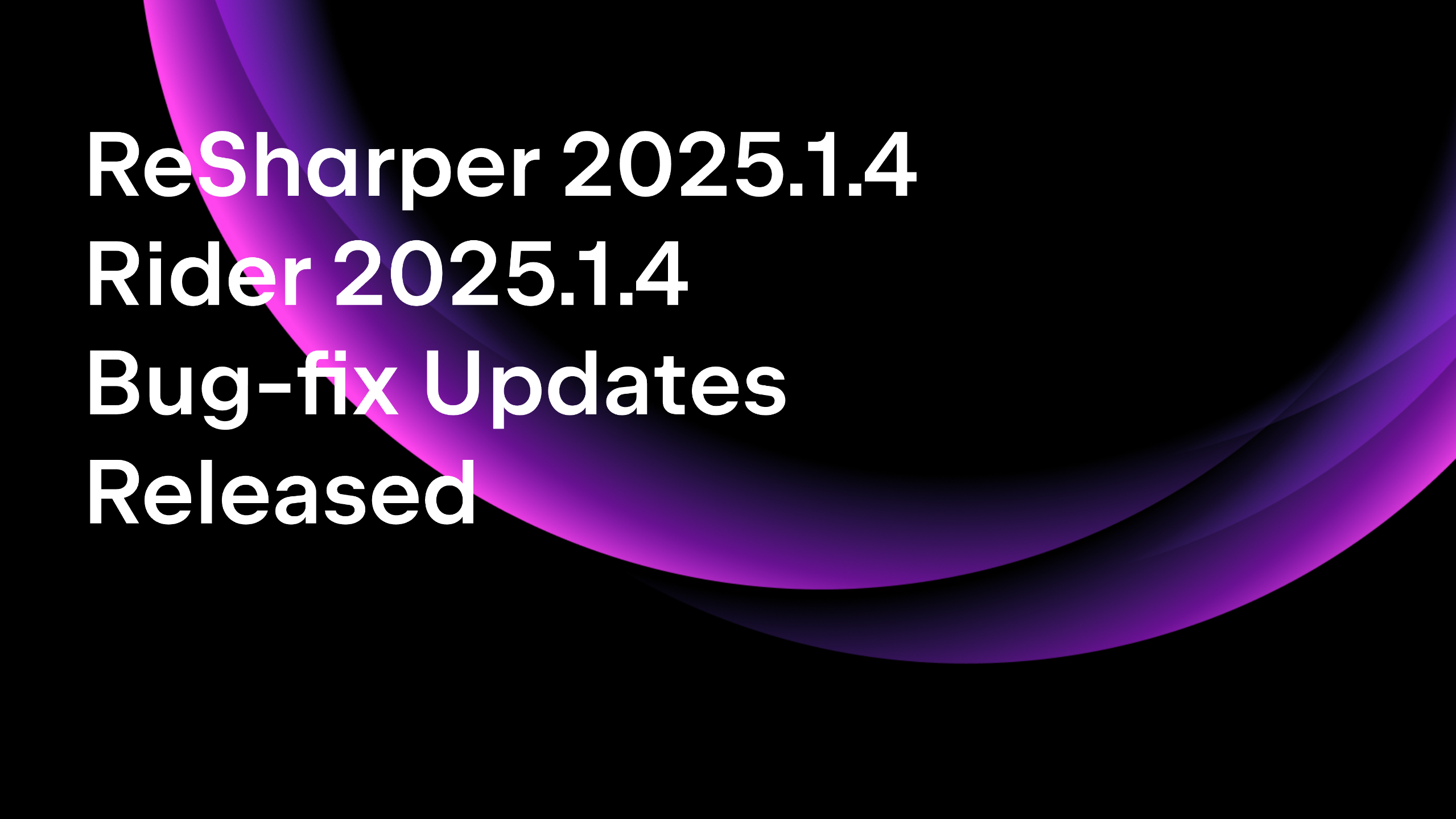.NET Tools
Essential productivity kit for .NET and game developers
Rider 2022.3: Support for .NET 7 SDK, the Latest From C#11, Major Performance Improvements, and More!
Hello everyone,
It’s the most wonderful time of the year: not only are the holidays upon us, but Rider 2022.3 – the last major version of Rider this year – has just been released. Let’s see what’s inside.
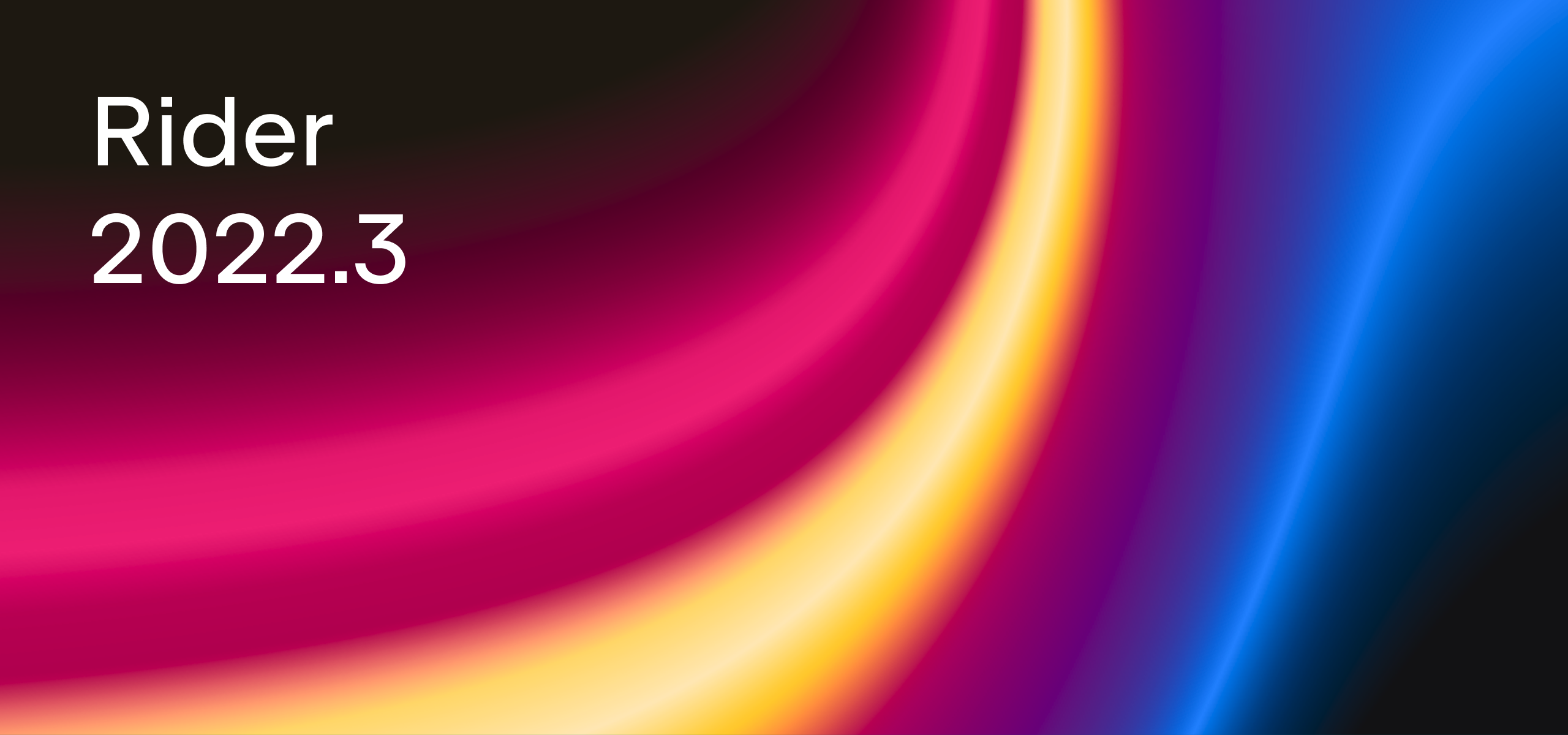
Performance improvements
We’ve made several changes to increase Rider’s startup speed and reduce the time it takes to open a solution and get to work. The IDE can now load a solution file and build its project tree instantly, without having to wait for the backend to initialize. We’ve also introduced several improvements to Rider’s backend performance.
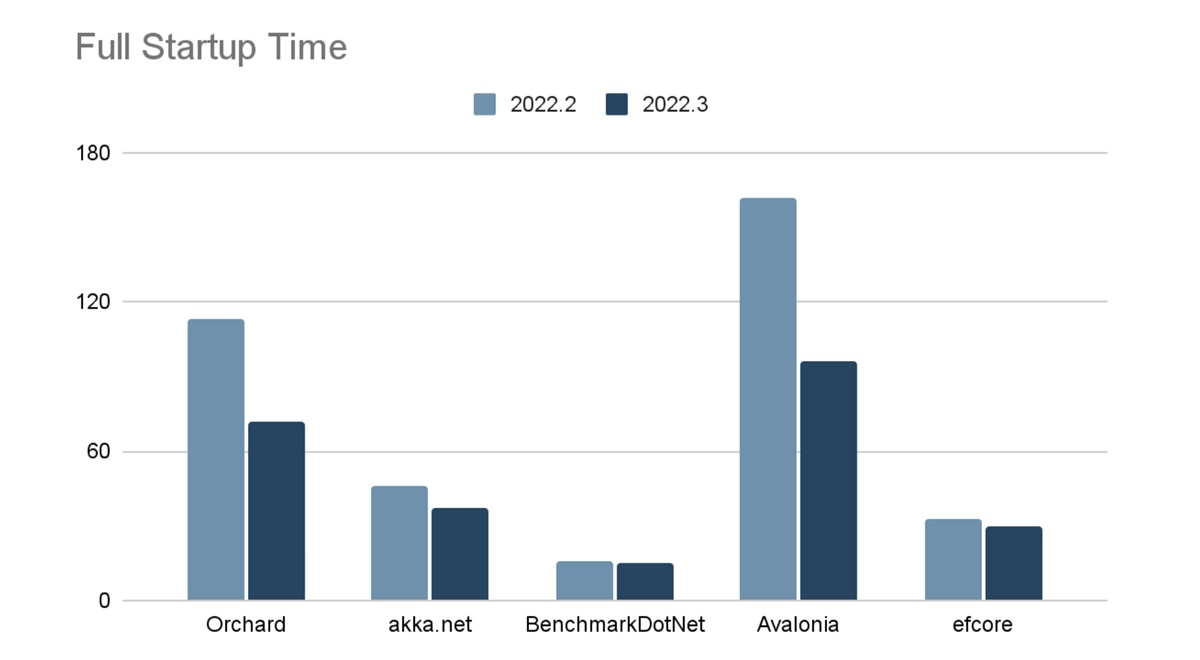
You can learn all about these performance improvements in this blog post.
.NET 7 SDK support
Rider provides official support for the .NET 7 SDK. It comes with updated project templates, the latest target frameworks, NuGet Central Package Management (more on that down below), support for ASP.NET minimal API route groups, and the newest C#11 features.
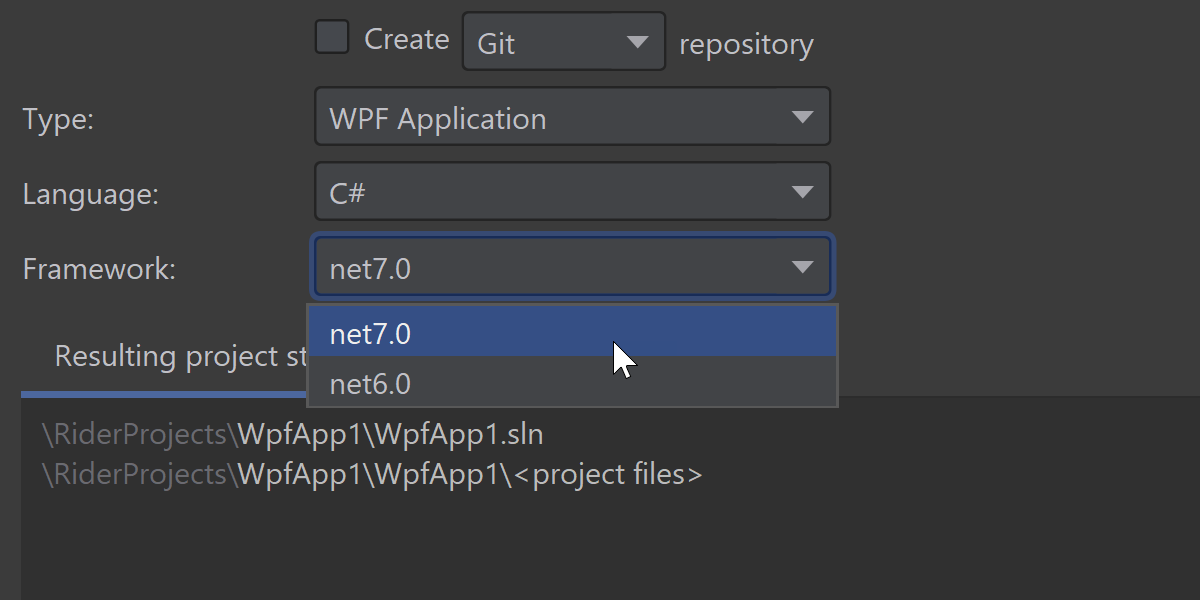
WSL2 support
We’re continuing to expand Rider’s remote development capabilities. This time, we’re introducing support for WSL 2 (Windows Subsystem for Linux 2) through the IDE’s remote development functionality. A connection can be established right from Rider’s Welcome screen! Remote development documentation has all the details.
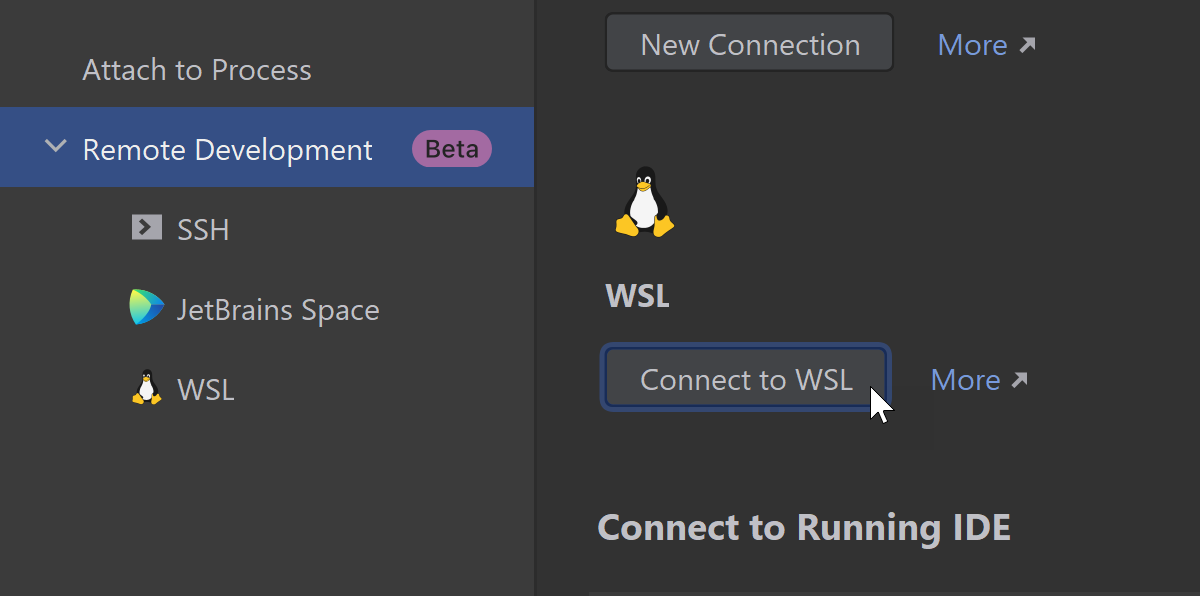
UX/UI improvements
Rider 2022.3 is a treasure trove of UX/UI improvements and additions. There are too many of them to review in detail in this article, but let’s touch on a few highlights.
Docking tool windows
You’ve asked us for a way to drag tool windows out of the main window and dock them to floating editor tabs, which is extremely handy for a multi-monitor setup, and we listened! Please note that this feature is still a work in progress. Feel free to add your feedback and suggestions on it here.

New main toolbar
The redesigned main toolbar, first introduced in v2021.3, has been improved in this release and made default for all users. The toolbar is fully customizable, allowing you to create slots for different processes and different project configurations. You can also use it to run several processes for the same configuration if it allows for parallel launch.
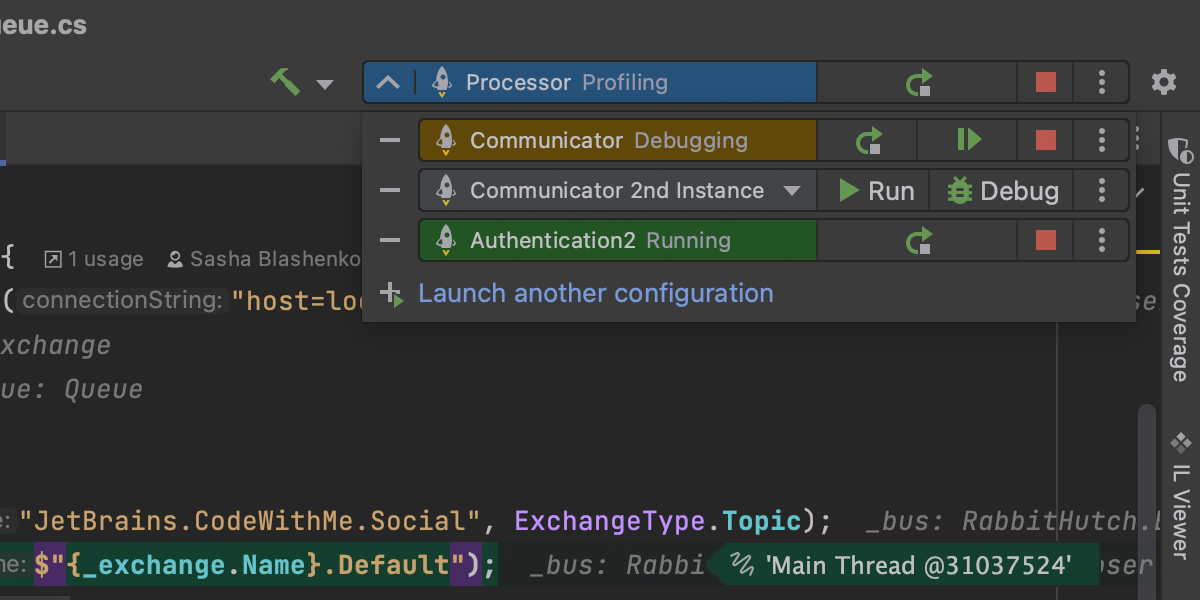
The best part is that you’ll never be confused about which process is currently running, because the main toolbar now displays the state of the system regardless of where the process was launched from.
Newest C# features
With this release we’re finalizing basic support for the latest C# 11 features, starting with UTF-8 literals. Rider now suggests using a u8 suffix for a literal instead of the System.Text.Encoding.UTF8.GetBytes() method or a byte array with proper UTF8 symbols.
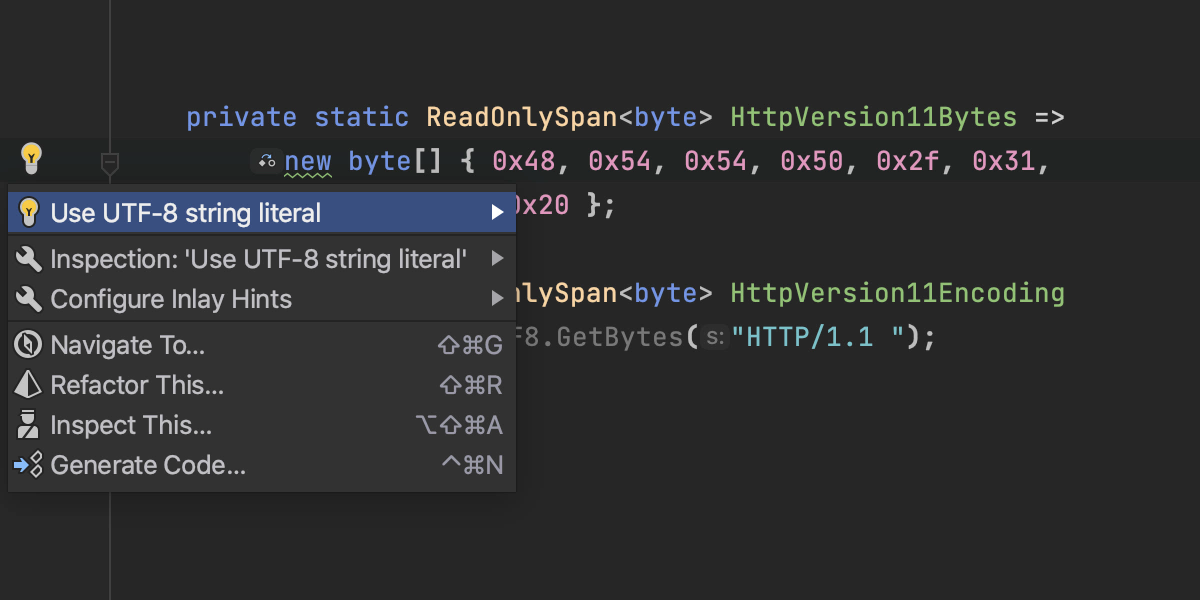
Also on board is basic support for file-local types, including an understanding of the new syntax, a file accessibility modifier for types, and compiler warnings and errors with the corresponding quick-fixes.
Starting with this release, Rider will let you use abstract and virtual modifiers for static members in interfaces and use such members in generic code with type parameters constrained by this interface.
Rider also can now convert regular and verbatim strings into their raw counterparts. This also means that numerous existing features for strings are now available for raw strings.
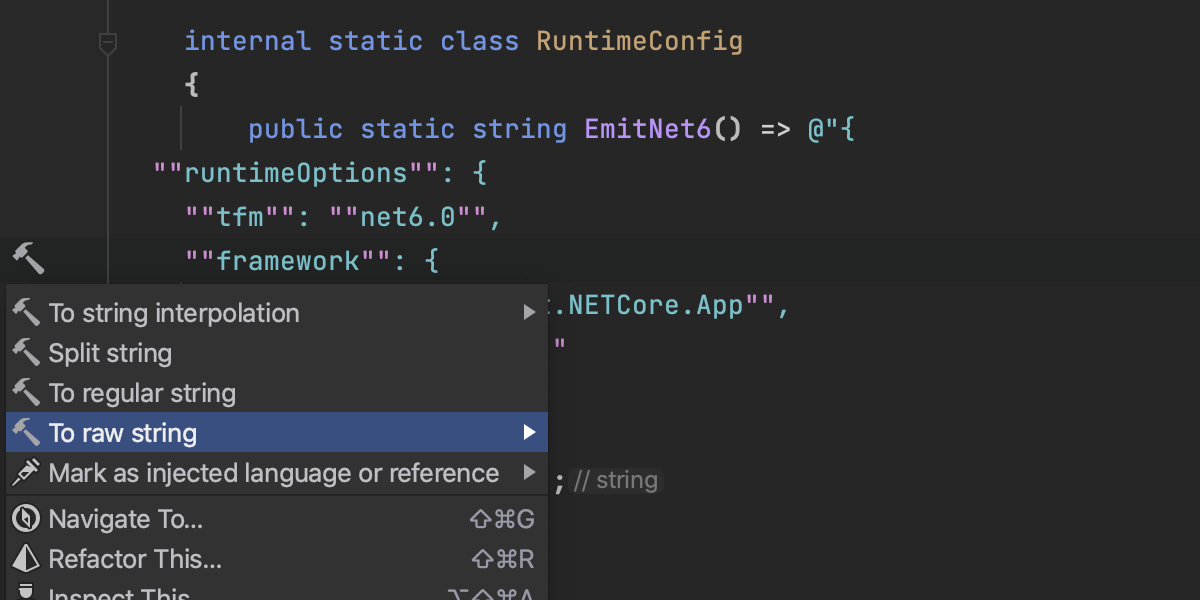
Rider 2022.3 also adopted from C#11 the option to declare ref fields inside ref structs and the recognition of the new scoped keyword.
Updates for Web Development
Starting with Rider 2022.3, Hot Reload becomes possible for Blazor Server Apps. You can now modify the source code in your Blazor Server app while the app is still running.
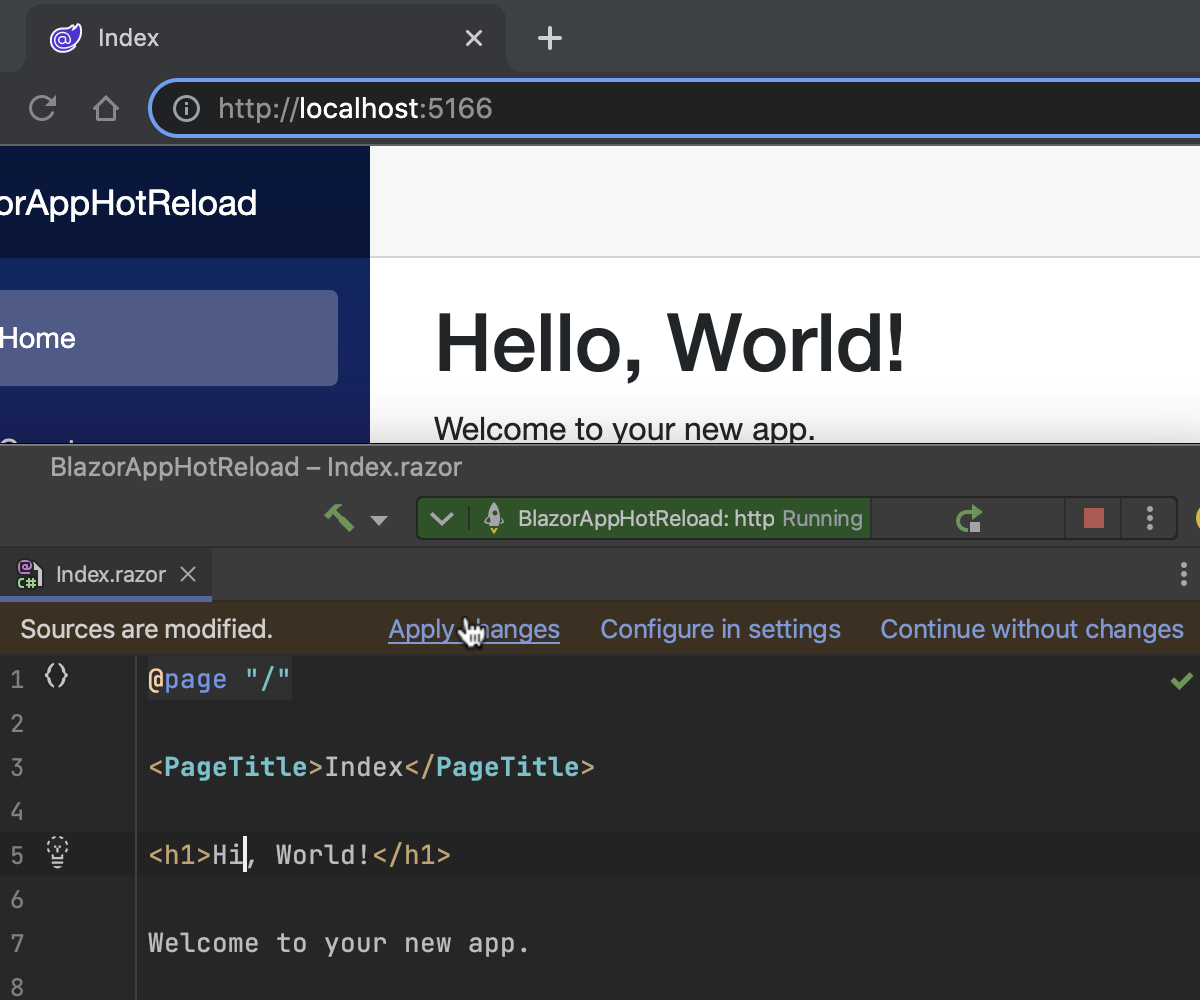
Updates for Game Development
Unity support in Rider is getting another great update, with support for Unity’s new Input System package and the GameObject.FindWithTag group of methods. Rider 2022.3 can also help ensure you’re using the correct path in Resources.Load methods.
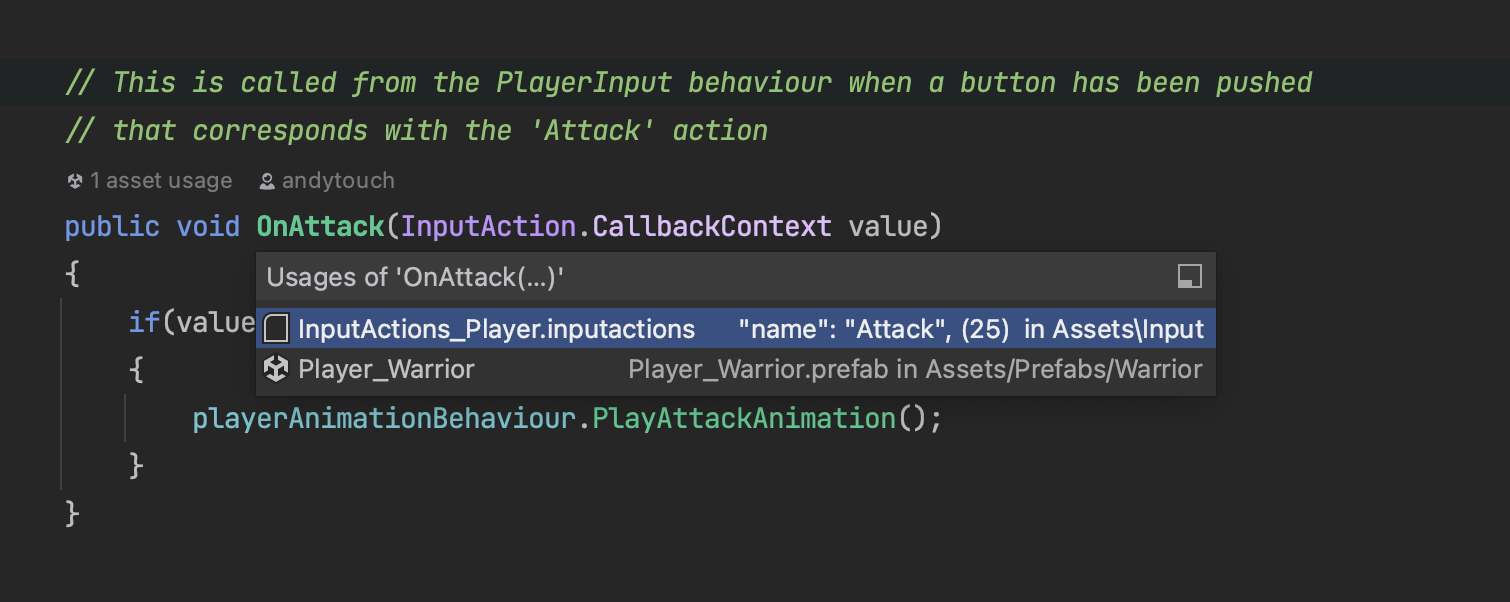
Integration with the Unreal Editor has been improved, with updated Code Vision for Blueprints, Rename with Core Redirects, and native .uproject support.

NuGet support
Rider 2022.3 comes with one of the .NET ecosystem’s newest features – NuGet Central Package Management (CPM). CPM allows developers to manage NuGet dependencies in a .NET solution from a central location, giving them more control against dependency drift and an easier upgrade process. You can learn all about Central Package Management in Rider, including tips and caveats, in this blog post.
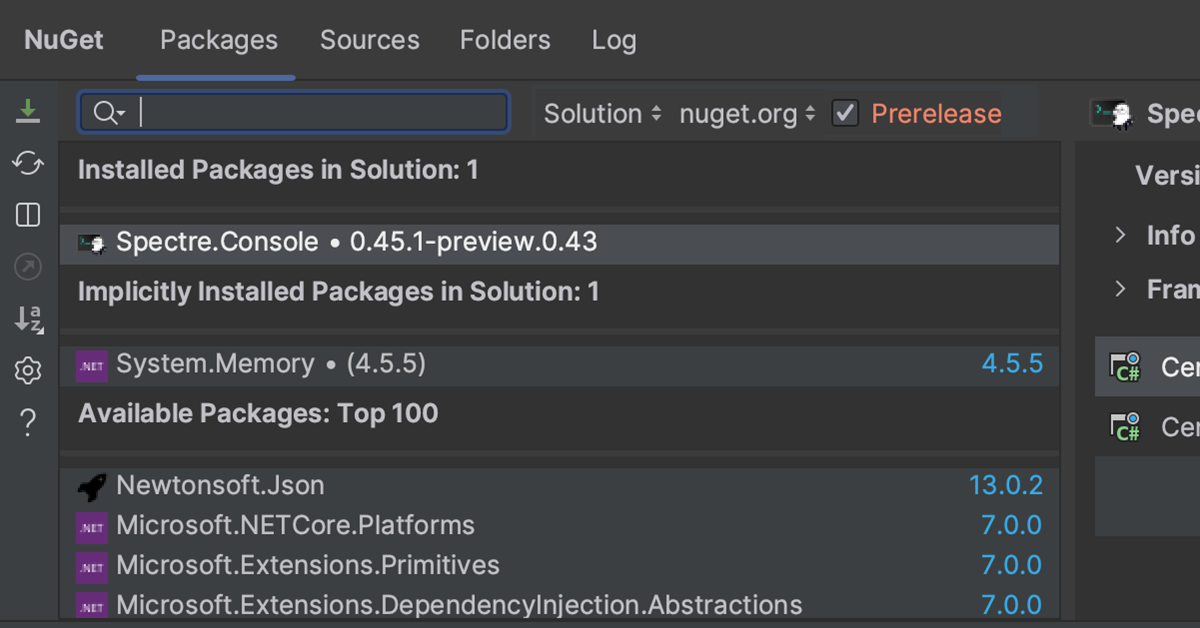
To mitigate the risk of exposing your project to security vulnerabilities from NuGet references, we’re introducing vulnerable dependency detection in Rider. The IDE will alert you to a detection with a popup, which can later be investigated in the Security section of the Problems view.
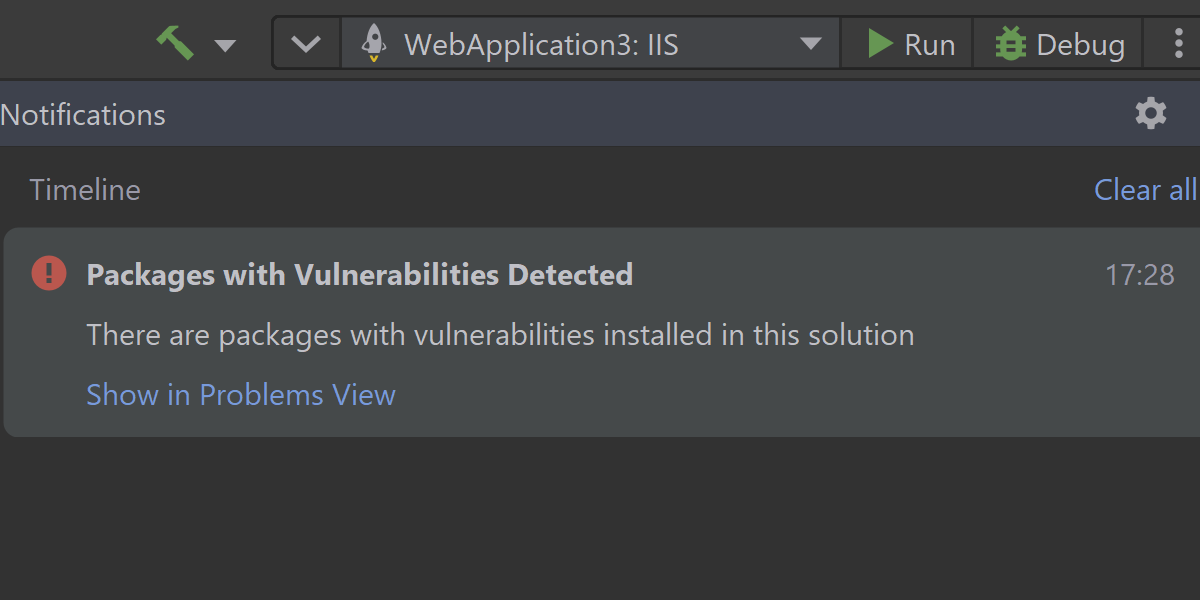
Early preview for ARM64 support
Rider 2022.3 can now run on Windows and Linux ARM64. All of the basic development workflows are supported, including running and debugging your .NET applications, running unit tests, memory profiling, and Dynamic Program Analysis.

Other release highlights
- The built-in dotMemory profiler is now available on Linux and macOS.
- For F# 7, Rider 2022.3 provides better XML documentation support, code completion for records, and new quick-fixes for signature files.
- Improvements to working with databases in Rider include pattern-based schema filtering, formats for date/time fields, and multiple edits in the Modify window.
- dotCover offers a new Show Covering Tests action for easier navigation, faster shadow copying, and better test coverage for Unity.
- Dynamic Program Analysis (DPA) offers new inspections for all applications that use Entity Framework Core and a .NET data provider for SQL Server.
- Rider’s IL Viewer tool window is now able to decompile code into different levels of C# language constructs.
- The Unit test explorer tree is now “lazy”, meaning it’s faster and less taxing on memory.
For more information about all these and tons of other features, please visit the What’s New in Rider 2022.3 page.
Download the 2022.3 release build from www.jetbrains.com, install it via the Toolbox App, or use this snap package from the SnapCraft store (if you are using a compatible Linux distro).
You may also want to review the full list of requests we’ve addressed in this release cycle in our public issue tracker. And as always, we’re looking forward to your feedback in the comments section below!
Subscribe to a monthly digest curated from the .NET Tools blog:










